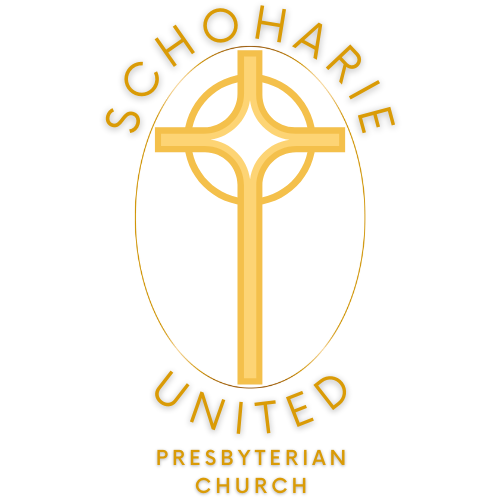Revisiting Lessons...
I loved my seminary experience. I did not attend one of the official Presbyterian Seminaries, but enrolled at Colgate Rochester Crozer Divinity School. The school has a long Baptist history, and a deep commitment to social justice. Today, there are three course requirements for all divinity students: Black Church History, women's studies, and LGBTQ rights. This was not always the case at CRCDS: for the first one hundred and fifty years of the school's existence, it reflected the structure of most academic institutions - led almost exclusively by white people, with little motivation to change.
In March of 1969, eleven months after the assassination of the Rev. Dr Martin Luther King Jr, 19 students in the Black Student Caucus chained the doors to the main academic building, locking themselves in until the school administration fulfilled the hitherto unfulfilled promises they had made to the students. Rev. Dr King had attended Crozer Theological School before it merged with the Rochester Seminary, and after the merger had visited the campus. Many of the students, black and white, along with many of the faculty, professors, and the school President had been involved with the civil rights movement. After Rev. Dr. King's assassination, and after eleven months of moving targets and empty promises from the school trustees, the Black Student Caucus organized a peaceful protest and lock-out of the school. It lasted for 19 days, during which time the students worship and prayed, played basketball in the gym, and had food delivered to them via pulley system as they would not take advantage of the food in the school cafe. After 19 days of the peaceful protest, the students' demands were met: four new professors were black theologians, a program of Black Church Studies was created at the school, as well as greater representation among the professional if non-professorial staff positions.
The books pictured above were just a few of the books I read as part of my theological education at CRCDS. I am revisiting those books and adding new ones to the mix: How to Be an Anti-Racist, White Fragility, Stamped from the Beginning, and so many more. One of the lessons taught at CRCDS is that social problems are theological problems, and they are more than simply ethical problems. Social Theology is the practical application of thinking about faith and God in the social context and recognizing that traditional practical theology shares an affinity with traditional political theology which uses 'theological' justification to legitimize the status quo. Social theology is somewhat anti-institutional because too often institutions (church and state) are too established in the status quo to address the sociopolitical problems of the poor and the oppressed. I see now the lesson Professor J. Evans tried to teach me.
I love you all
Stay Safe and Healthy
Wash Your Hands
Peace be with you
~Rev. Andrea Joy Holroyd
Further Reading: Blog post from the current Seminary President, Dr Angela D Sims "We Are Not Safe"

